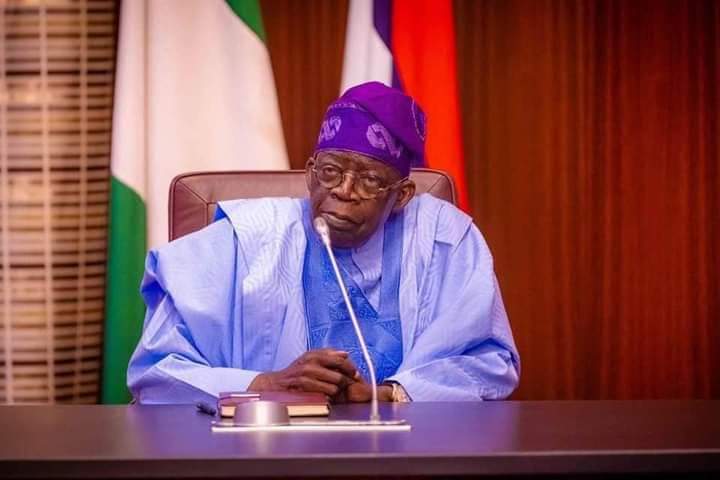Why is Nigeria, a country that is blessed with human and material resources, large arable land, and equable weather conditions, still trapped in underdevelopment? The answer is not far-fetched. We have not got it, right, politically.
Without good and visionary political leadership, no country on earth can realize her true potential. In Singapore, that country’s greatest leader, Lee Kuan Yew, formulated political, economic, and technological policies that leapfrogged the country from an underdeveloped third world country to a developed first world country. Today, Singapore, far less-endowed than Nigeria has outpaced Nigeria in the areas of economic and technological development. Malaysia also hold a similar story of leaving Nigeria behind in the underdevelopment story.
Nigeria on the other hand has been eluded of purposeful political leadership. From the stranglehold of military dictatorship to a brand of civilian shackles termed godfatherism, Nigeria has hungrily searched for a people oriented political culture.
The trend of godfatherism is not new in Nigeria. While the departing British imperialists played a big role in the emergence of Alhaji Tafawa Balewa as Prime Minister in 1960, Alhaji Shehu Shagari shook off the imposing influence of Chief Obafemi Awolowo and Dr. Nnamdi Azikiwe to become Nigeria’s first executive President in 1979 through the help of some regional godfathers.
For Chief Olusegun Obasanjo to become the President of Nigeria in 1999, merit was sacrificised on the altar of ethnic pacification. His successor, Alhaji Umaru Musa Yar’adua, confessed to the fact that the presidential election that brought him to power was deeply flawed. The factors of the providential intervention in human affairs and happenstance propelled Dr. Goodluck Jonathan to the presidential seat following the demise of his principal in 2010.
In 2015, President Muhammadu Buhari rode to power on the cocktail of his popularity with the people, ascetic lifestyle, and his so-called zero tolerance for corruption. Despite these facts, his inability to engender purposeful leadership kept the country in a perpetual search for purposeful leadership.
The incontrovertible and underlying fact is that successive political leaders in Nigeria since 1999 failed to give the nation the needed political leadership to attain development which is not unexpected as most of them emerged without a popular support base and as such lacked the compassion to initiate public policies that will take the nation to greater heights. Public utilities and social amenities have largely failed or grossly under-performing.
So, it is incumbent on President Bola Ahmed Tinubu to bring this country to the end of the journey of the search for a goal-oriented and purpose-driven political leadership so as to rescue Nigeria from economic strangulation, technological backwardness, infrastructural deficit, and national disunity. The affirmation of President Tinubu’s presidential election victory by the Supreme court, a judgement still seen in some quarters as anti-progressive, should, however, spur the President to start tackling the country’s monumental and seemingly intractable problems.
It is obvious that the ship of the Nigerian state is floundering with the economy being in a tailspin, the country gripped by insecurity, and disunity reigning among its peoples. So, President Tinubu should galvanize efforts to steady the ship of state and navigate it to the path of sustainable economic growth, technological development, and national unity.
The tense period of politicking, electioneering, and electoral litigation is over. Now is the time for President Tinubu to settle down for the leadership of Nigeria.
Written by CHIEDU OKOYE





Comments are closed for this post.